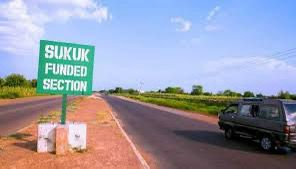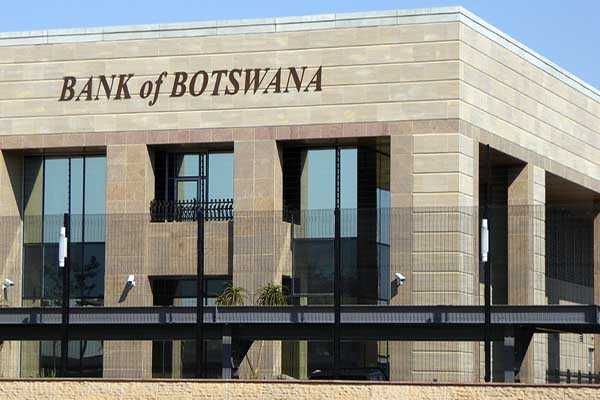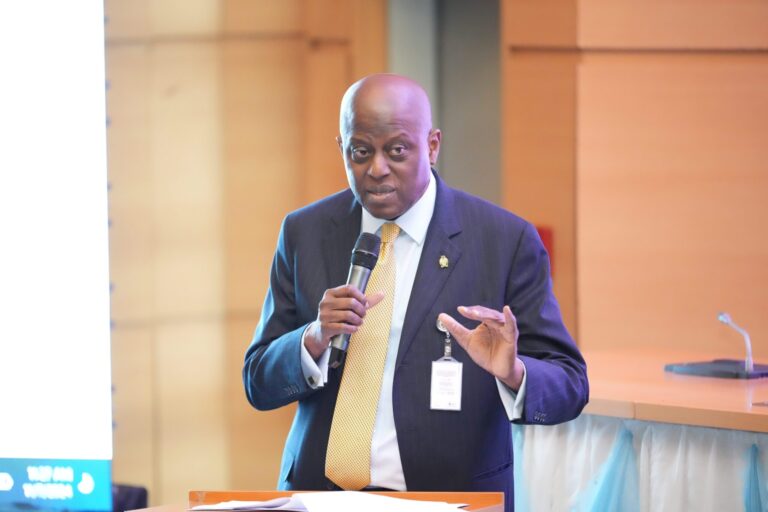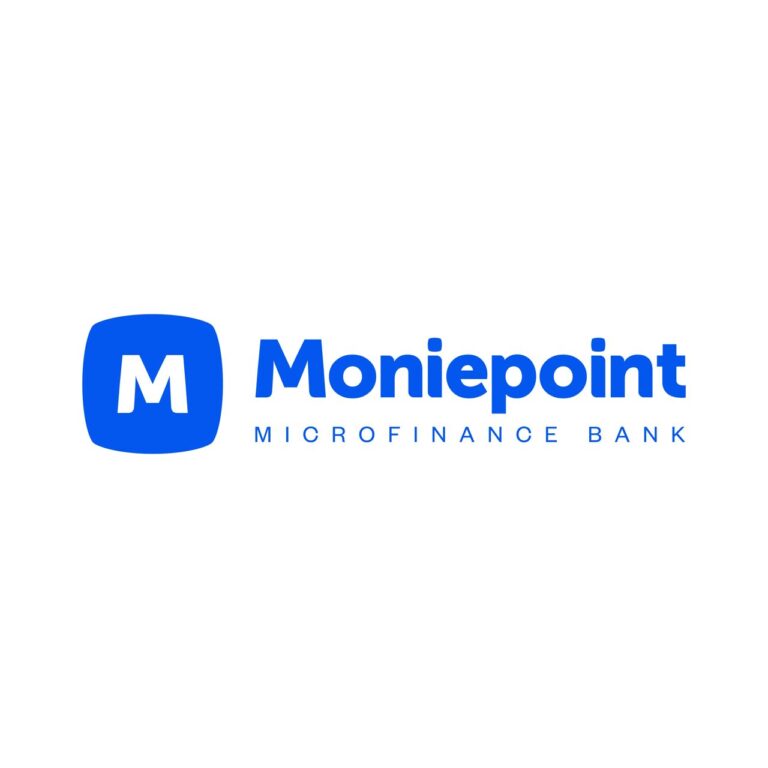The N300 billion Naira series VII sovereign sukuk recently offered by the federal government of Nigeria through the debt management office (DMO), recorded an “unprecedented” subscription level of N2.205 trillion Naira, which represents an excess of 735% subscription, sighting huge investor confidence for the non-interest certificate.
The past years, different government has been exploring various means of funding options, for capital projects, from both the international and domestic markets; this led the Nigerian government and cooperate groups, in recent years to attract funding from investors through an Islamic bond ‘sukuk’.
Sukuk represent ownership in an underlying asset, project, or business activity that generates returns based on the asset’s performance. Unlike conventional bonds, Sukuk adhere to Shariah principles, ensuring ethical and interest-free investment opportunities.
Nigeria first issuance of sukuk was in 2013 by the osun state government for the building of 26 schools, using Ijarah Sukuk of 11.4 billion naira (approximately $27.5 million), Sukuk issuances in the Nigerian financial markets has since then became frequent.
The DMO’s innovation in ethical finance has been widely acknowledged within and beyond Nigeria’s borders. It continues to play a central role in mobilising investors to fund infrastructure without breaching the fiscal deficit threshold prescribed by the Fiscal Responsibility Act, while improving capital market development through diverse product offerings.
On the 12th of may the Federal Government started the sales of sukuk VII, with a rental rate of 19.75% per annum and due for maturity on May 2032. According to a statement from DMO, the islamic certificate recorded massive subscription from investors; Signifying a clear evidence of the huge investor-appetite for the ethical instrument. Sukuk VII provided opportunities for all Nigerians to participate in the activities of the capital market, while expanding the nation’s investor-base.


“An analysis of the subscriptions showed that the subscribers cut across various segments of the public: retail, non-interest banks and financial institutions, banks, pension fund administrators, asset/fund managers and others.” DMO noted.
However, capital accumulated from the issuance of the recent sukuk will be used for construction of roads and building of bridges in all the geo-political zones in country, by the federal government.
“Like the previous series, funds realized from the Issuance will be used by the FGN to construct new roads and rehabilitate existing ones, as well as build bridges in the six (6) geo-political zones of the country and the Federal Capital Territory.”
“The raising of funds through Sukuk to finance infrastructure projects aligns with Mr. President’s Renewed Hope Agenda of which infrastructure development is a key pillar.” DMO noted.
Debt management office said that infrastructure investments financed through Sukuk have consistently delivered tangible results across the country. Previous issuances under the Sukuk programme have been utilised to complete over 44 key road projects spanning more than 4,000 kilometres, while improving access to rural and urban communities and reducing travel time and vehicle operating costs.

Previous N100billion Naira sukuk bond.
The recent sukuk VII isn’t the first time the government is issuing the Islamic bond, the first ever sovereign sukuk was introduced in 2017 by the then president Buhari administration, it was a N100 billion Naira bond for road infrastructure.
DMO however, disclosed that the government has fulfilled its obligations to investors, who purchased the 2017 non-interest certificate; Sighting its commitments to transparency and accountability; all investors received full returns of their investment.
The numerous road projects funded by the 100bn Sukuk fund in 2017 included projects in the South West, South-South, South East, North Central, North East, and North West zones.
- South West: Benin-Ofosu-Ore-Ajebandele-Shagamu dual carriageway (Phases 3 and 4), Ibadan-Ilorin road (Section 2).
- South-South: Enugu-Port Harcourt road(Section 4), Yenagwa road junction- kolo-Otuoke Bayelsa Palm, Lokoja-Benin road (Sections 2-4).
- South East: Enugu-Port Harcourt road (Sections 1-3), Onitsha-Enugu expressway.
- North Central: Loko Oweto Bridge, Abuja-Lokoja road (Sections 1 and 4), Suleja –Minna road (Phase 2), Lokoja-Benin road (Section 1).
- North East: Kano-Maiduguri road (Sections 2-5).
- North West: Kano-Maiduguri road (Section 1), Kano-Kastina road (Phase 1), Kano Western bypass, and Kaduna Eastern bypass.
Meanwhile, framework of the Sukuk issuance ensured that the Central Bank of Nigeria (CBN), serving as the Paying Agent, distributed periodic rental payments to Sukuk holders on scheduled dates.

Upon maturity, the government acquires the underlying road assets, then, principal amounts are transferred in bulk to the Sukuk holders, concluding the investment cycle.
NWALI CHIDOZIE MICHAEL












